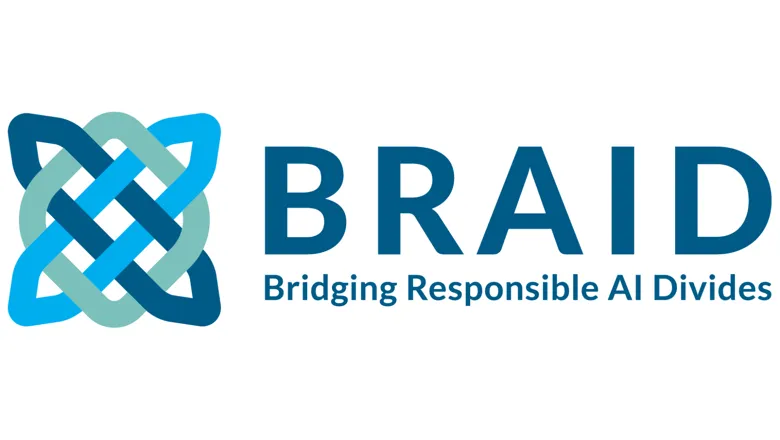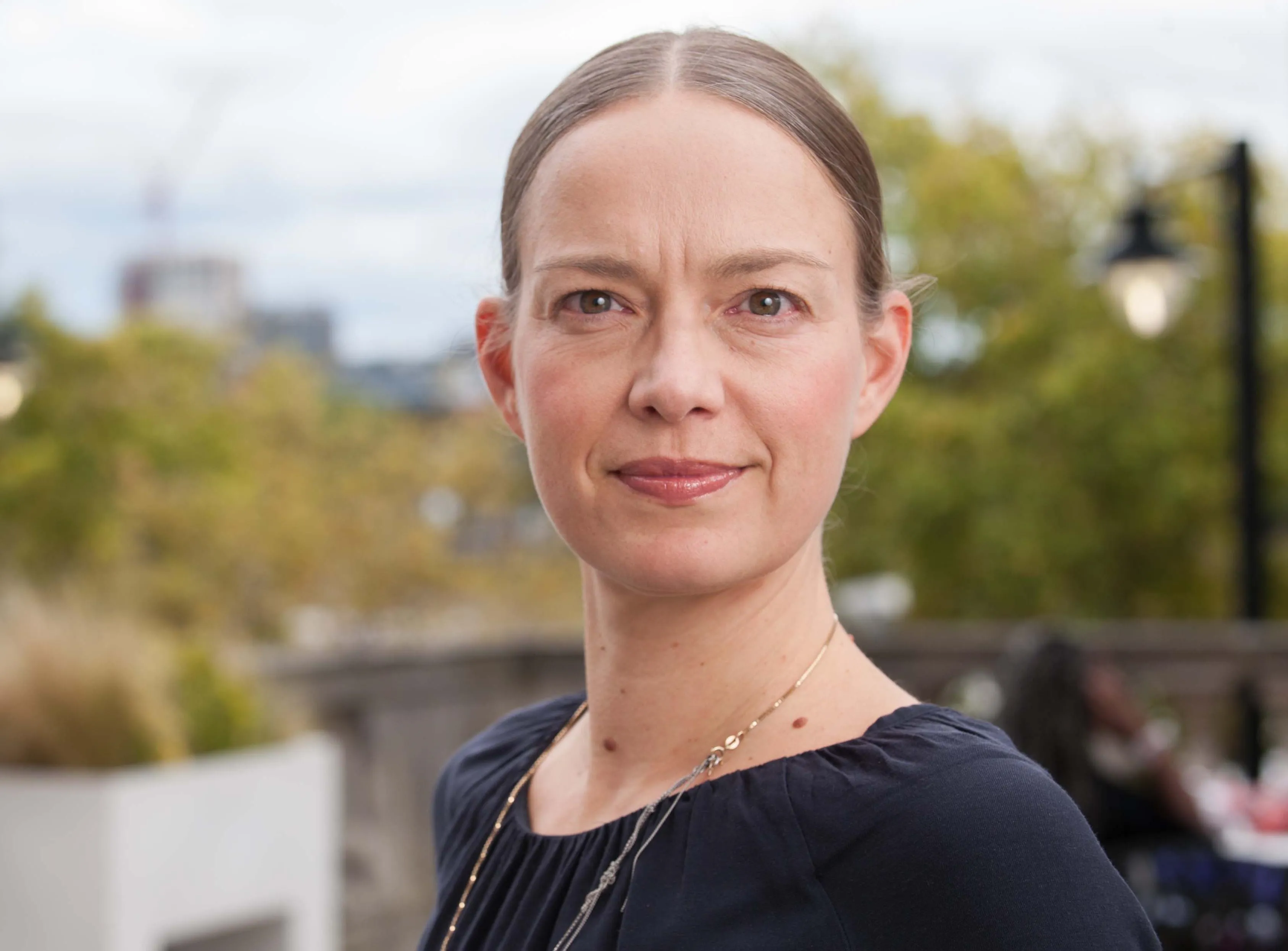A recent report by the House of Lords stressed the narrow pool of private sector expertise to inform policy and standards when it comes to AI. This BRAID Fellowship allows me to research and highlight alternative expertise in the cultural sector bridging AI divides by integrating Arts and Humanities research more fully.
Dr Mercedes Bunz, Professor of Digital Culture & Society
07 May 2024
Dr Mercedes Bunz awarded AHRC's BRAID Fellowship
Dr Mercedes Bunz is one of 17 Fellows to partner with an organisation from the public, private or third sector to unite expertise for tackling existing, new or emerging AI challenges.

Dr Mercedes Bunz, Professor of Digital Culture & Society, has been awarded the AHRC-funded BRAID Fellowship for her project “AI art beyond the gallery: exploring the capacity of cultural institutions to impact tech policy” in collaboration with Serpentine.

The research project investigates how a cultural institution's experimentation with AI can inform public policy. It will look at how artistic AI research can be shared beyond the gallery to influence government policies and lead to a broader and more humane understanding of AI. The project will initiate a dialogue with policymakers and civic initiatives sharing the knowledge gained during the art institutions’ commissioning process, and builds on the work of Creative AI Lab, a collaboration between Serpentine R&D Platform and the Department of Digital Humanities at King’s.
With ‘AI Art Beyond the Gallery’, we are excited to platform our commissions as prototypes that could inform public policy. This project will help bridge the gap between what we believe are very important experiments in AI tooling and governance and the broader AI industry and policymakers.
Kay Watson, Head of Arts Technologies Serpentine
The findings of the project will be consolidated into a report, created in collaboration with Serpentine. A series of workshops and a conference organised as part of the project will bring together policymakers and civic initiatives with arts tech curators and art technology experts from UK’s art institutions.
The Bridging Responsible AI Divides (BRAID) Fellowships are part of the BRAID programme. BRAID is led by the University of Edinburgh in partnership with the Ada Lovelace Institute and the BBC. The £15.9 million, six-year programme is funded by the Arts and Humanities Research Council (AHRC), part of UK Research & Innovation (UKRI). BRAID aims to integrate Arts and Humanities research into the Responsible AI ecosystem and bridge the divide between academic, industry, policy and regulatory work on responsible AI.
The impact of AI can already be felt in many areas of our lives. It will transform our jobs and livelihoods, and impact on areas as diverse as education, policing and the creative industries. It is vital that we ensure its responsible development and use. The BRAID fellowships announced today will play an invaluable role informing the practice and tools crucial to ensuring this transformative technology is used responsibly to provide benefits for all of society.
Professor Christopher Smith, AHRC Executive Chair
Each of the 17 Fellows, appointed from universities across the UK, will apply research expertise from humanities and arts including data ethics, copyright law, digital design and qualitative analysis to address questions around the responsible use of AI. Partners from the technology sector include Adobe, Datamind Audio, Diverse AI, Mozilla Foundation and Microsoft. Project partners from regulatory and public organisations include Ada Lovelace Institute, The Alan Turing Institute, BBC, Institute for the Future of Work and the Public Media Alliance.

